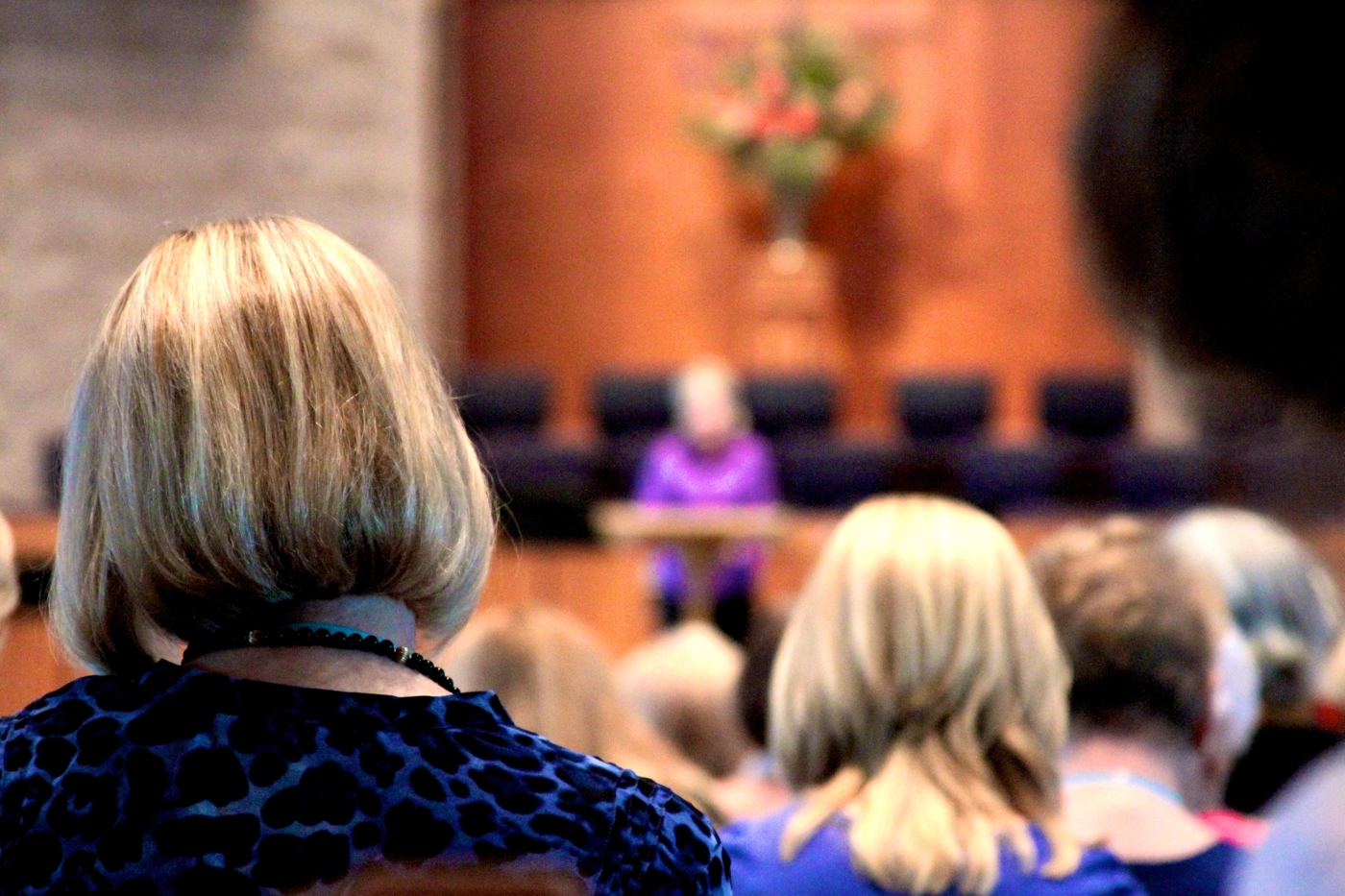
Justin Humphreys reflects on recent comments made by Archbishop Welby and Pope Francis about issues of abuse in the church.
"It appears there may be a swell of change coming. The Church is facing a level of criticism about its safeguarding failures that is unprecedented. The report by the Independent Inquiry into Child Sexual Abuse (IICSA) on its conclusions of the Church of England’s management of allegations, and the recent BBC Panorama program ‘Scandal in the Church of England’ (29th April 2019) are all part of this increased scrutiny. We are next to see the Church of England face the attention of the Inquiry in two further weeks of public hearings in July.
Amidst all the public debate on these failings, I was struck by comments made by both Archbishop Justin Welby and Pope Francis within a week of each other that both addressed a fundamental aspect of abuse within the context of faith and belief: The spiritual element of abuse.
It is an aspect that to date has remained in the shadows of the higher profile and better-understood elements of abuse within religious and faith-based contexts. However, for people of faith who are familiar with the experience of abuse within such settings, it is something that possibly carries greater weight than any other consideration.
During the opening press conference of the 17th Anglican Consultative Council meeting in April, Justin Welby made clear reference to the spiritual element of abuse within the Church context. Alongside references to sexual, physical and emotional abuse, his reference to spiritual abuse was marked. That Archbishop Justin should have made such clear reference is a significant milestone in the ongoing journey of enlightenment concerning abuse within the Church.
Only six days prior, Pope Francis also made reference to the spiritual impact of such abuse during his address as part of a four-day meeting at the Vatican to focus on tackling sexual abuse in the Church. He said: “The crimes of sexual abuse offend Our Lord, cause physical, psychological and spiritual damage to the victims and harm to the communion of the faithful”.
I totally agree. I am convinced that there is nothing that breaks God's heart more than seeing His Church causing harm to others and then perpetuating that harm through a willful desire to avoid rooting out such evil and doing all it can to prevent that harm occurring in the first place.
There is a crisis in leadership across the Church currently (and not just the Church of England or Catholic Church), where a misguided sense of needing to protect God’s name and the reputation of the Church is casting a dark shadow over the relationship that God so yearns for with His people. For there to be any sense that the Church is not a safe place, that it is not committed to opposing evil in all its forms and that it is led by men and women who are utterly committed to authentic and compassionate leadership practices, can only itself damage the Church. In what context should the pursuit of justice ever be side-lined or derailed in God’s Church?
I find it inconceivable that this being spoken about within a matter of a week by both primates could be a coincidence. We have the two most senior leaders of the global Christian Church addressing this crucial element of abuse that many try to ignore. But where does this high-profile acknowledgement leave us?
I'd like to suggest the following reponse:
- We must ensure that we do not lose sight of this amidst all the other just attention that is being focused upon safeguarding across the global Church at this time.
- We must commit to developing better understanding of what this spiritual component of abuse looks like.
- Once we have committed to not shying away from what is certainly a very difficult, challenging and complex issue, we must be prepared to stand together and take action to both prevent it and learn how to be better at responding where it is found to have caused harm.
This may mean that as leaders we must be prepared to face conflict in tackling such injustices head-on. There may be a price to pay in doing this. We may risk becoming unpopular among our peers and superiors and even be ridiculed, ostracised and excluded from the circles we have been used to walking in. But we owe it to ourselves and to those that we are charged with leading to self-reflect on where we find ourselves and what part we might have played (unwittingly or otherwise) in maintaining a culture that is shaped by self-protectionism, institutional protectionism or worse. Making changes in the way that we behave and in the attitudes that we hold requires boldness, bravery and a preparedness to let go of who we are and let God speak to our hearts about what is right and just.
Archbishop Justin and Pope Francis have been brave enough to speak of this insidious injustice. The Church needs them both to maintain this attention and for others who are brave enough to stand alongside them to be stirred to action. I for one have committed to being one of them. There is too much at stake not to. We must not waver or weaken in this pursuit - we are called to do this; to speak on behalf of the voiceless and for the rights of all who are vulnerable (Proverbs 31:8, CEB)."
Justin Humphreys is joint Chief Executive of Thirtyone:eight and joint author of SPCK publication 'Escaping the Maze of Spiritual Abuse: Creating healthy Christian Cultures' (Out June 2019).
